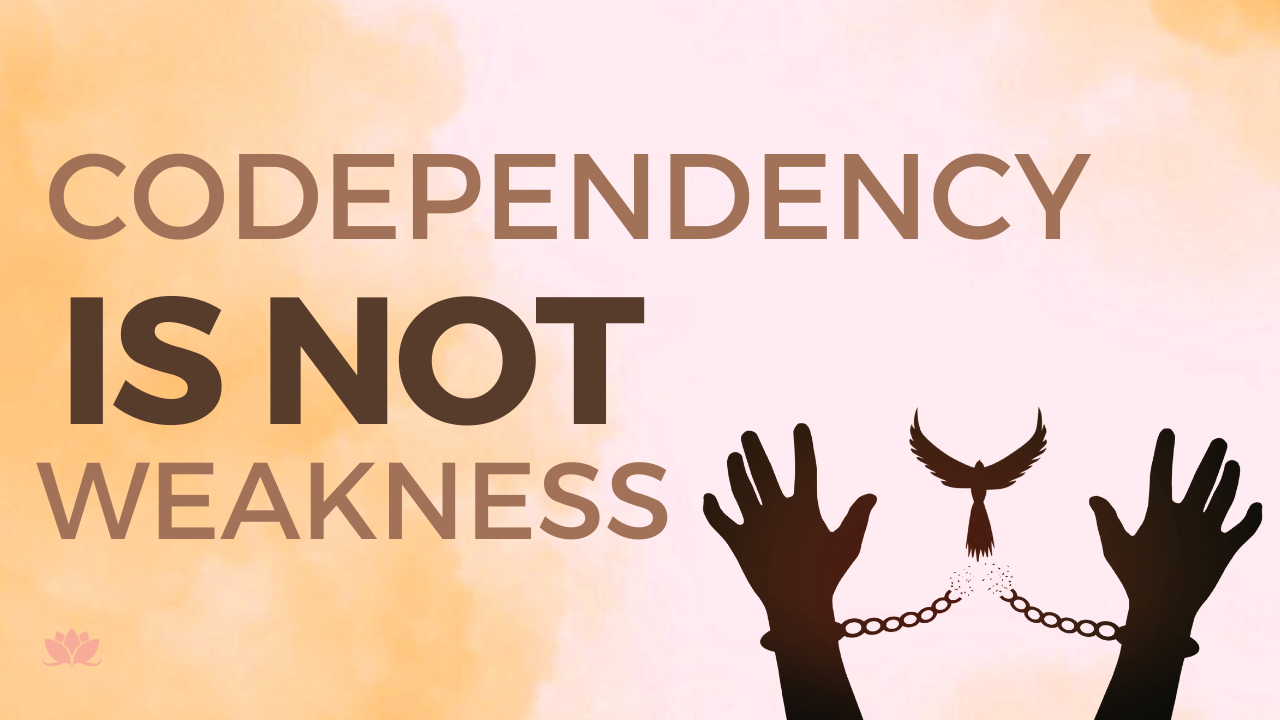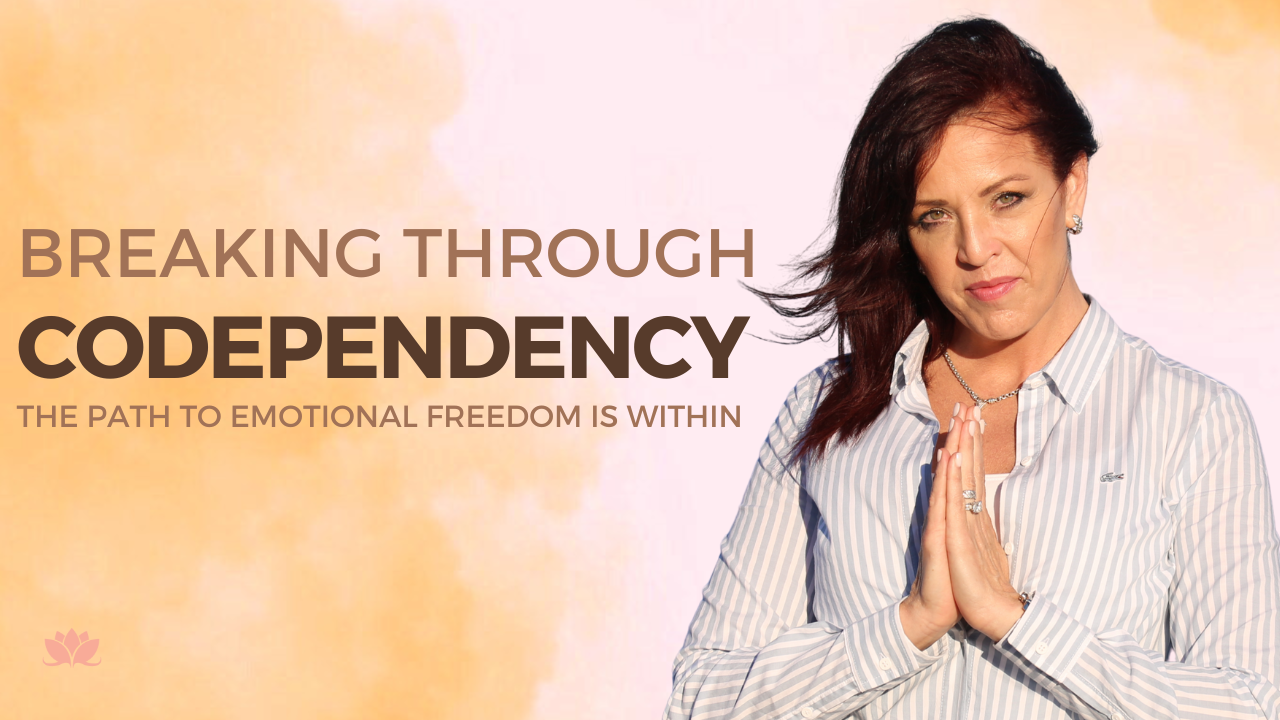Surprising Signs of Emotional Neglect
Surprising signs of emotional neglect. If you are the adult child of an alcoholic, or if you were raised in a toxic home, you most likely experienced emotional neglect. Learn what you can do to heal your inner child and learn to feel alive again!


Many adult children of alcoholics don't realize they are suffering from emotional neglect until life becomes nearly unmanageable. Learn the signs and symptoms below so you can take action before it's too late!
Emotional neglect can have some serious long term consequences on the subconscious mind. If you are the adult child of an alcoholic, or if you have been raised in a dysfunctional home, it is important to embark on the journey of healing the wounded inner child so you can recover from the long-term effects of emotional neglect.
Emotional neglect can cause problems with self-esteem, trust, and intimacy. If you have experienced emotional neglect, you may be struggling with a loss of selfhood, meaning, you may not have a strong, or healthy sense of self.
By the way, that is not your fault.
What is Emotional Neglect?
It's not always easy to spot emotional neglect, especially if you don't know what to look for. Emotional neglect can manifest in many different ways, but often it goes unnoticed or is dismissed as unimportant. If you're the child of an alcoholic, you may be more likely to experience emotional neglect. But anyone can be affected by it. So what is emotional neglect, and how can you identify it in your own life?
Let's take a closer look.
Emotional neglect occurs when a caregiver fails to provide for the emotional needs of a child. This can include things like love, support, and attention. Emotional neglect can have serious consequences for the child, including mental health issues and problems in adulthood. Many people who suffer from emotional neglect don't even realize what's wrong with them. They may just feel like something is "off" but they can't quite put their finger on it. In this blog post, we will discuss emotional neglect in-depth. We will look at the signs, symptoms, and effects of emotional neglect, as well as how to get help if you think you may be suffering from it.
Signs and symptoms of emotional neglect
- You have a hard time identifying how you feel
- You are afraid to need others
- You may live in response to others vs living for the self
- You feel like you do not know yourself
- You can’t trust that others love you or that they are reliable
- You feel super responsible and feel safer in never relying on anyone but yourself
- You feel like an alien in your skin, your family and in the world
- You feel void of happiness, direction or enthusiasm
- You live in fear of the next bad thing happening
- You may develop codependency issues, seeking validation from those who mirror your neglectful parent’s energy
- You do not expect people to respect you or to take you seriously
- You live in a hyper state of awareness, in survival mode
The effects of emotional neglect on the subconscious mind
Research suggests that adverse childhood experiences change the structure of the brain. Negative childhood experiences decrease the size of the hippocampus, for instance, which is associated with memory. The area of the brain responsible for regulating and balancing our emotions is also impacted.
It makes sense, considering children require healthy caretakers to help them regulate their emotions. Without an attuned parent, a child never learns how to regulate their emotions or responses to stressors.
The subconscious mind is always being downloaded with information from the external world. The impressions children receive from the world around them, become blueprints. In time, as the child becomes more verbal, language patterns take root in the narrative of the inner critic. If you are the adult child of an alcoholic who has experienced emotional neglect, you may struggle with incredibly critical negative self-talk.
You may hear yourself saying things like,
- You’re stupid
- You’re unworthy
- You’re ugly
- You’re unlovable
- Everything is your fault
The subconscious mind is wired according to what a child experiences in the outside world. Neural pathways mirror the repeated negative experiences of childhood. Thoughts are electrical impulses that eventually become habituated until what you think about yourself is buried deep within the subconscious mind.
Theta Brainwave State
All children are in a theta brainwave state up until the age of about 7 years old. In theta, children are highly programmable. If you suffered emotional neglect, you have been programmed to neglect your own emotions. You don’t have data for how to tap into the self, which is why you may feel so empty, lost, and struggle to identify what you are feeling.
How to heal from emotional neglect
There are many ways to heal from emotional neglect, including CBT, EMDR, as well as traditional forms of therapy such as cognitive behavior therapies, or trauma-informed modalities.
If you are the adult child of an alcoholic, or if you grew up in a home that was void of emotional authenticity, an important first step is recognizing that how you feel today is normal considering your upbringing.
Tips to heal from emotional neglect
- Admit the truth and stop blaming yourself for not being able to identify emotions, set boundaries, or manage your emotions.
- Begin doing generational trauma research and begin to take on a detective-like role as you learn to become more objective about how emotional neglect may have impacted your subconscious mind and even your brain development.
- Develop a mindfulness practice to help you learn to develop healthier connections between your mind, heart space and body.
- Learn to breathe deeply and consciously as a way to begin orienting your self-awareness back to your body.
- Journal each day focusing on becoming more conscious of the way you feel.
- Take action in the 3D world that reinforces your desire to honor the self, love the self, and heal the inner child from the effects of growing up feeling emotionally invisible.
Healing from emotional neglect
If you’re like most people who have suffered emotional neglect, you may not even realize that’s what it was. That’s because this type of abuse is often not easy to spot. It can be especially difficult for adult children of alcoholics, and those from toxic childhood homes, to identify that they have suffered this form of abuse. The good news is that there are ways to heal your inner child and learn how to feel your emotions. Check out my online 12 Week Breakthrough Coaching Program to help you get started on the path to healing.
https://www.lisaaromano.com/12wbcp
#emotionalneglect #childhoodemotionalneglect #signsandsymptomsofemotionalneglect #innerchildhealing #innerchildwork #codependencyrecoveryprogram



